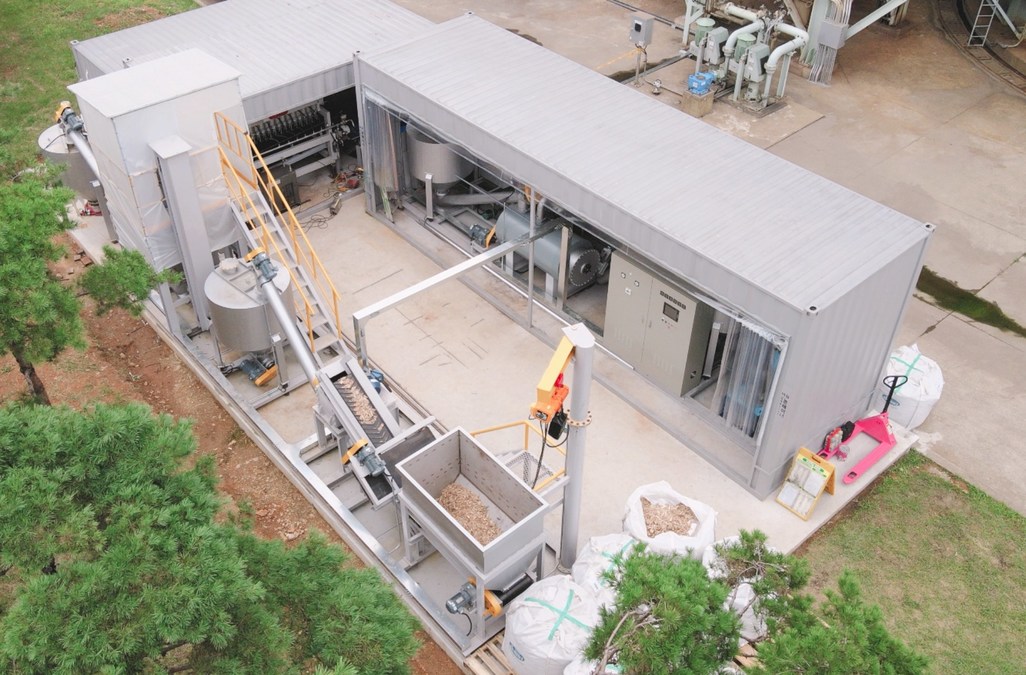SEOUL, South Korea, May 9, 2021 /PRNewswire/ — Currently, the international communities are participating in Paris Agreement to fight against the climate change and pollution issues, as well as the depletion of the natural resources.
Korea’s Green New Deal Policies focuses on realizing the sustainable growth in economic, social, and environmental sectors under the paradigm change for eco-friendly energy city.
Moreover, many organic wastes such as wood waste, livestock manure, food waste, sewage sludge, and industrial sludge that used to be dumped in the ocean are now being converted in many different ways to fertilizer or dried biofuel.
However, converting organic waste to solid biofuel usually requires a large investment and operation cost including facilities, equipment, utilities, and energy.
are collaborating on Hybrid Hydrothermal Carbonization Green Pellet Pilot Project, which demonstrates to convert sewage sludge and wood wastes to biosoild fuel at Dangjin Power Plant.
The demands for the volume reduction of organic wastes, such as sewage sludge, food wastes, and livestock manures, are expanding in the United States as well as conversions to biosolid fuels.
The global market for organic waste to energy sector is expected to continuously grow as a core business until 2026, leading to expanded investment in green energy fuel.
